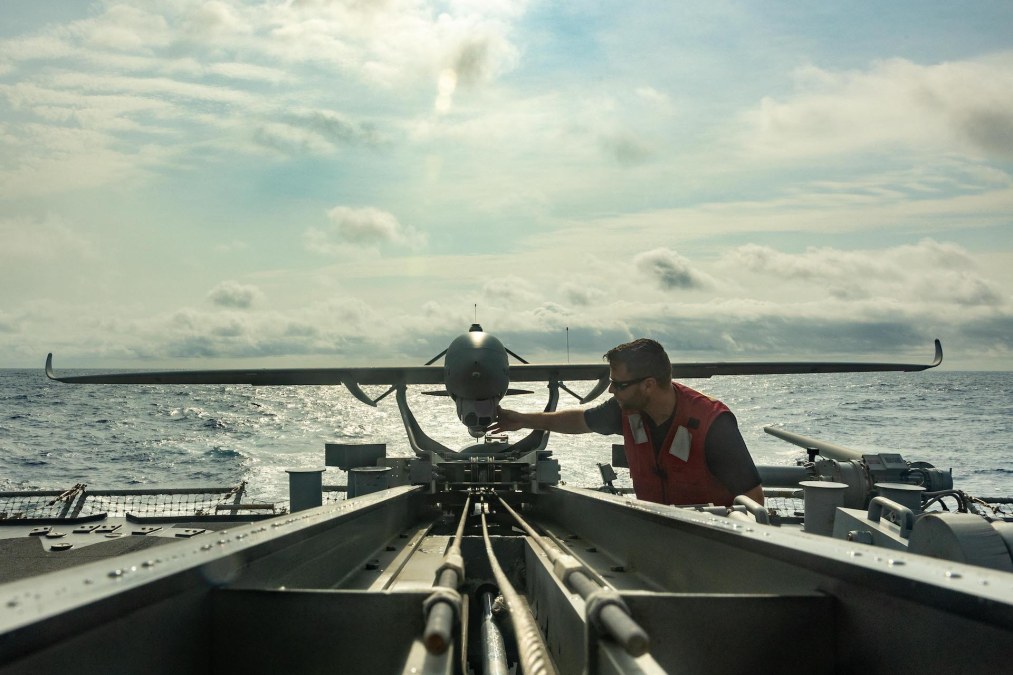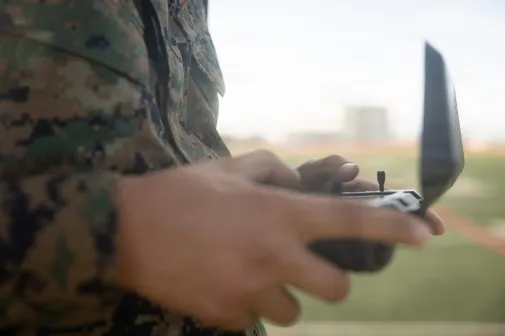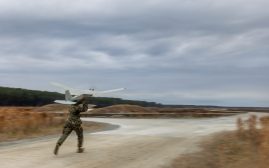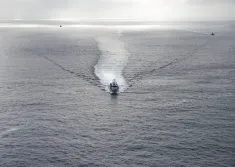Navy aims to expand vendor pool for COCO drones and ISR support

Naval Air Systems Command’s program executive office for unmanned aviation and strike weapons is looking to onboard additional companies that can support intelligence, surveillance and reconnaissance (ISR) missions via contractor-owned, contractor-operated drones and sensors.
A sources-sought notice about the initiative was published Tuesday on Sam.gov.
The PEO intends to “broaden industry partnership and to procure, on a competitive basis, COCO services” to provide land- and sea-based ISR capabilities for the Navy and Marine Corps and support U.S. and coalition military partners, according to the request for information.
Insitu, which is owned by Boeing, and Textron System have been providing these types of services under basic ordering agreements. According to the RFI, those deals will expire next year, providing an opportunity for the Defense Department to expand the vendor pool.
NAVAIR’s small tactical unmanned aircraft systems program office, PMA-263, “is seeking to identify additional contractors capable of providing COCO ISR services in support of DoD, OGA, and combat and contingency operational requirements,” officials wrote in the sources sought notice released this week. “Contractors would be responsible for resources to produce Sensor Data, such as trained personnel, non-developmental UAS equipment, certifications, operation and maintenance, spares and product support … Contractors shall be capable of providing ISR services on a normal and surge basis, day and night, 24 hours a day, seven days a week.”
The Navy wants runway independent, “multi-intelligence” capable drones with an operational range of at least 75 nautical miles from a ground control station located at the launch site, 10 hours time-on-station and a variety of sensing capabilities — including full-motion video, electro-optical and infrared sensors, and an electronic warfare “type” sensor or wide area maritime search sensor.
The platforms must be able to operate effectively in adverse weather conditions, austere environments and areas where GPS navigation is degraded, among other requirements.
The RFI comes as the Navy and Marine Corps — and the Defense Department writ large — continue to see an increase in demand for drones and intelligence, surveillance and reconnaissance capabilities. Procuring COCO ISR services is a way for the military to augment its capacity without having to buy and maintain additional systems and manage their full lifecycles.






